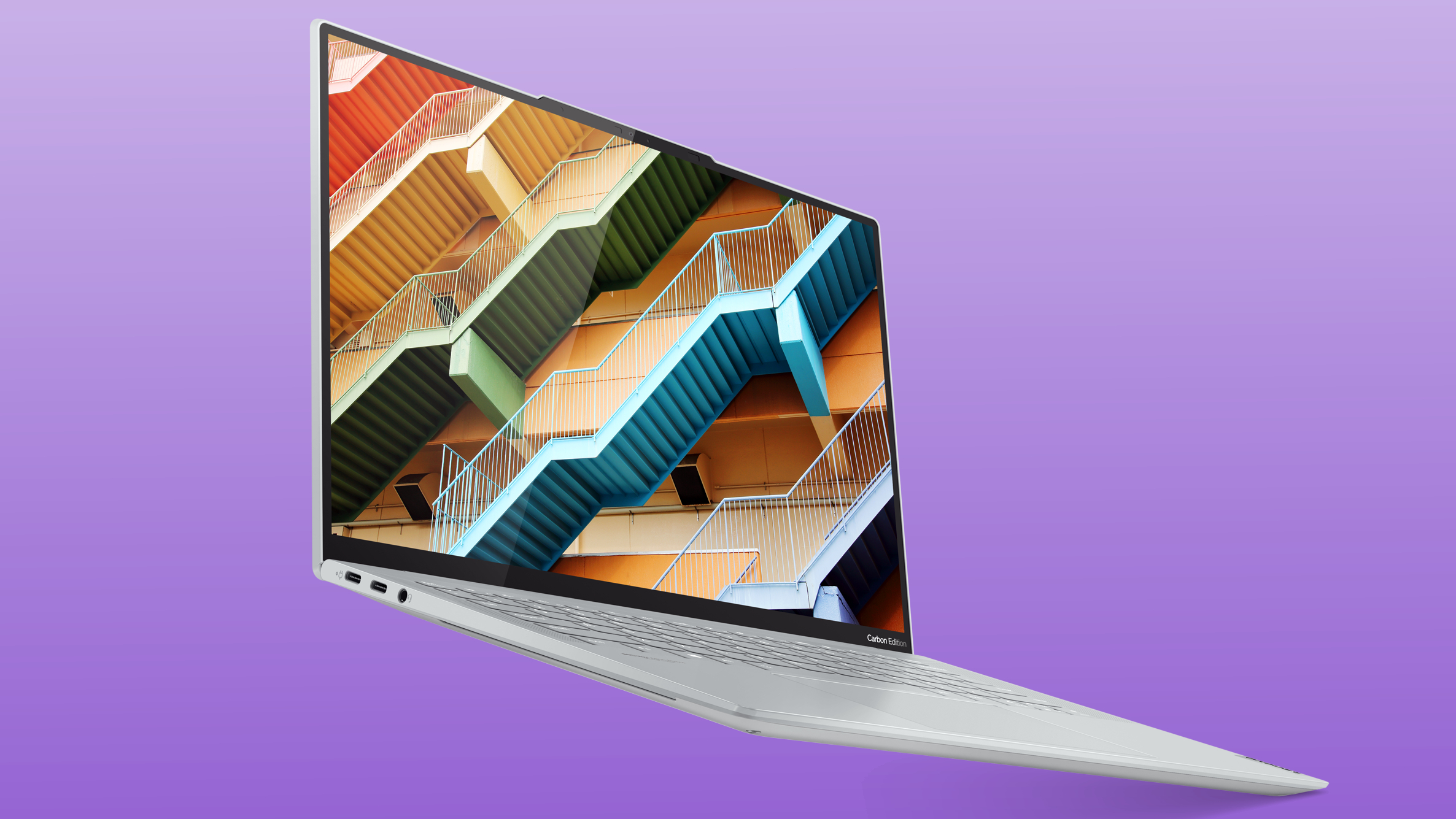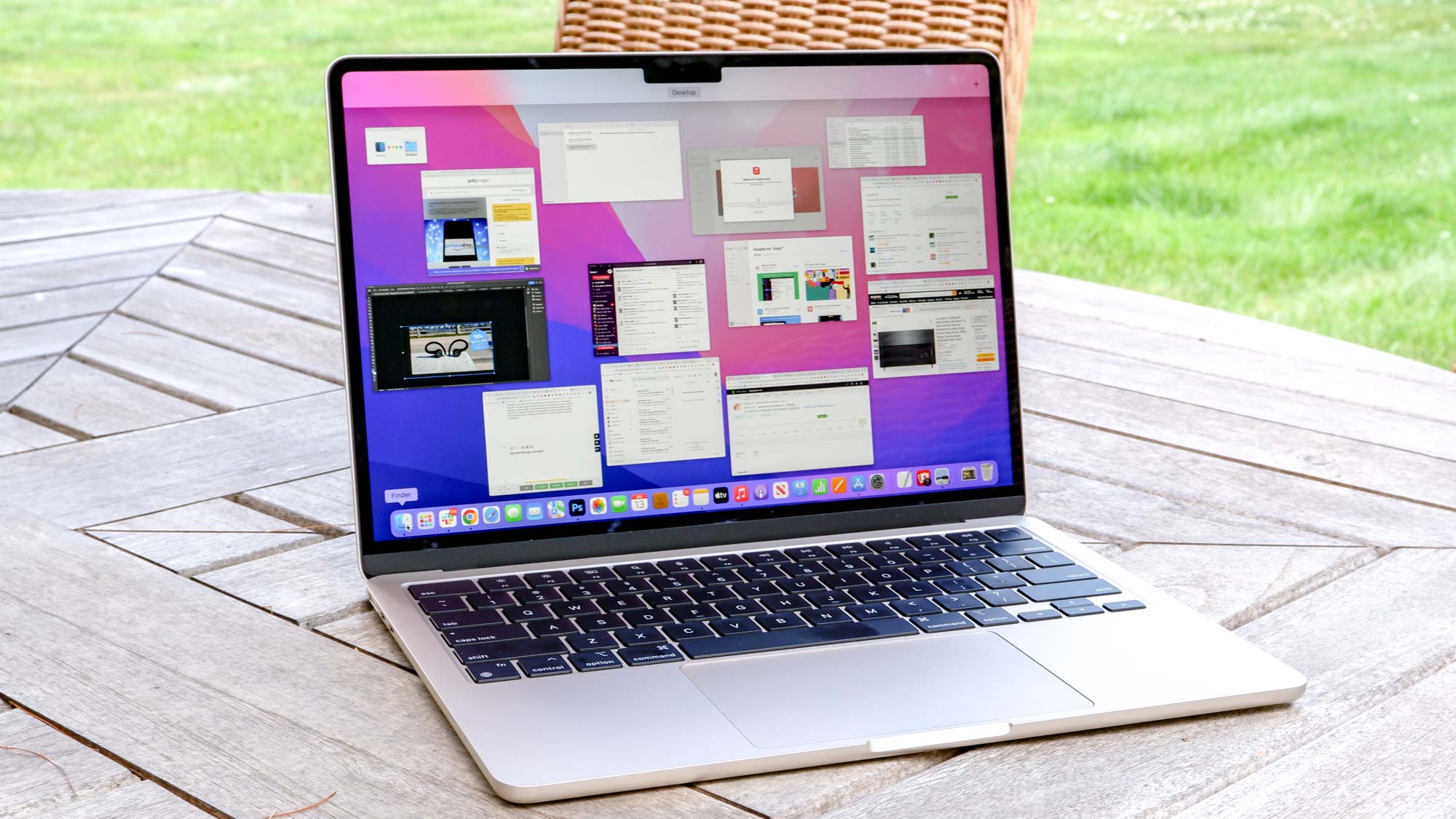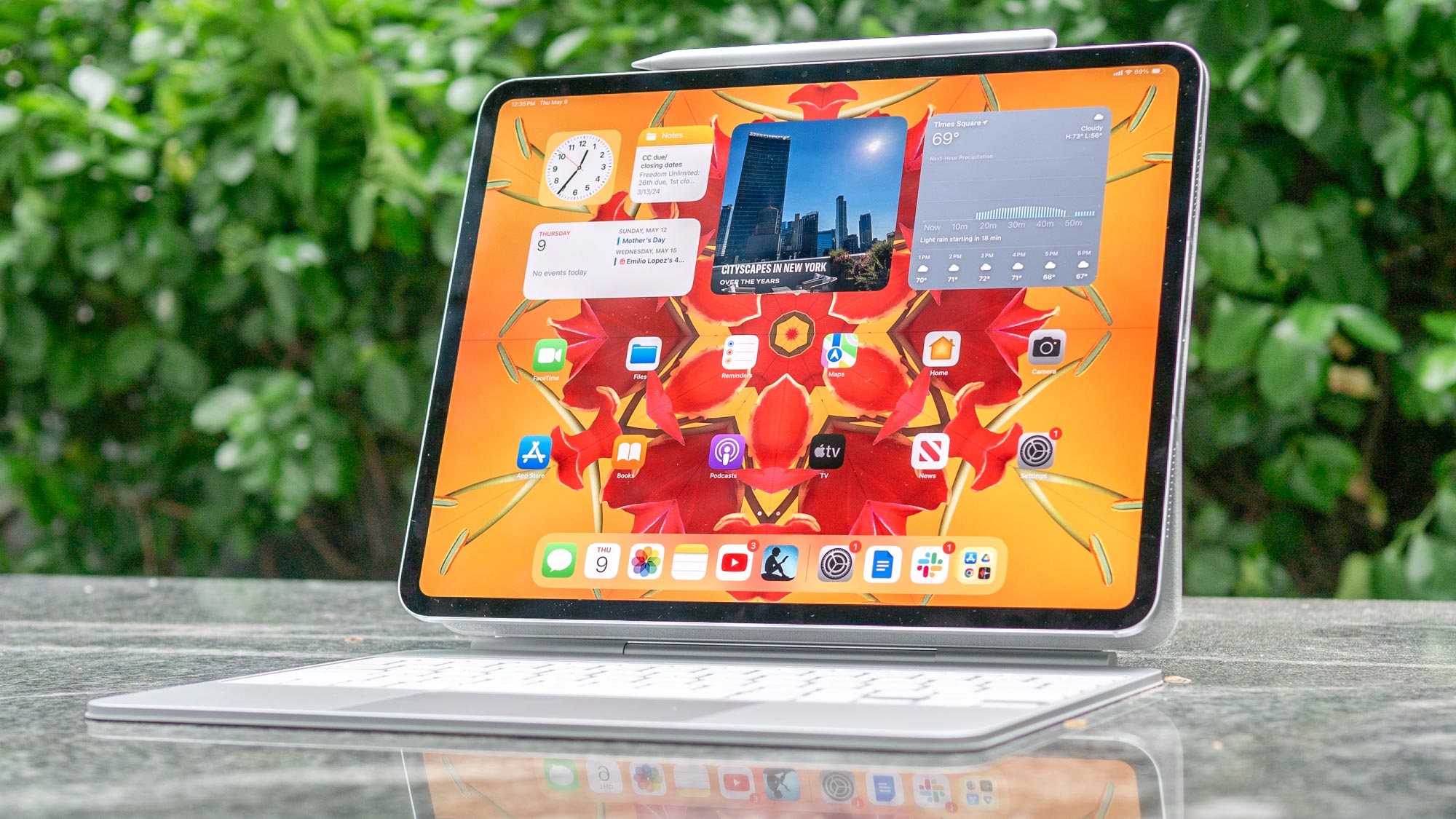
When picking the best laptops for college students, you have a lot of different criteria to take into account. It has to pack enough power for whatever your degree is going to throw at you, while also having enough stamina to last a full day of running between classes.
And on top of that, it’s got to offer a lot of fun for when you’re not studying too, because let’s be honest, dorms are boring without something to binge-watch. Put simply, it has to be your central hub for work and entertainment. To help you with your decision, I’ve been busy asking the experts.
Not just our own experts, by the way. To catch you up, Tom’s Guide is part of Future — home to a lot of publications packed to the gills with top-notch expertise that can help you choose the right system. So rather than carry on chatting up a storm, let’s get to it.
“It needs to have at least 16GB of memory and a 1TB SSD.”
Any new laptop in 2024 needs to have at least 16GB of memory and a 1TB SSD — though you could potentially save money doing the storage upgrade yourself for some laptops. For lighter gaming needs, AMD's latest Ryzen AI processors are worth a look, but otherwise, gamers will want at least an RTX 4060 Laptop GPU.
Alternatively, you can pay $10 to $20 per month for a GeForce NOW subscription and use it on any laptop; all you'll need for that is a good network connection that hopefully doesn't have a data cap. Beyond the processor, memory, and storage, backlit keyboards are also a must-have item for me — and getting something with a numpad is helpful if you want to do coding/math stuff.

For the student laptop space, Snapdragon X Elite notebooks appear promising but be wary of application and gaming support. Quite a few games have relatively poor graphics performance, probably due to drivers, but the need to run x86 translation layers can also hinder application performance in general.
Battery life is great, and for typical internet use, Qualcomm's processor won't be a problem, so go by your personal needs. More critically, these have to be at the right price for a student, and the least expensive models start at $999 for X Plus processors — even extending well beyond that mark.
It will be tough to beat this price at most places in my experience.
“For writing-heavy subjects, go for power efficiency over performance.”
The two degrees I've done, a BA in History and an MA in Journalism, could probably still be done entirely on paper. But a laptop definitely makes things easier.
These are writing-heavy subjects, so go for power efficiency over performance. The most demanding thing I ever had to do was video editing for Journalism, which most new laptops can handle just fine in small amounts. But exploring libraries or hunting for local stories often means you're away from a power outlet for long periods, so you want a battery that can last several hours by itself.

As a Mac user, my first recommendation for these courses would be an M3 MacBook Air. Even the older MacBook Air M2 offers all the might and efficiency you could want in a compact and stylish package. If you're a Windows 11 person instead, the closest equivalent would be the HP Omnibook X, another long-lasting device with all the power you need.
You could also consider an iPad or Android tablet with a keyboard case, which are less versatile than laptops but are also often cheaper. Maybe add a stylus too if you want to hand-write some notes, or have a tendency to doodle when listening to lectures.
“Why would a student pick up a laptop... when the iPad is right there?”
I completed my degree so long ago now that I might as well have been writing on papyrus by candlelight — I can't even remember the laptop I used at the time, beyond the fact that it was made by Sony. Which in itself gives you a sense of how long ago we're talking about here — Sony hasn't even made a laptop for about a decade now.
So the world of modern studies is a bit alien to me — and all the more so as the 'gear you need' conversation always seems to focus around laptops.

Like, why would a student pick up a laptop... when the iPad is right there?
Hardcore gaming aside, there's nothing a laptop can do that an iPad can't, in a form factor far more backpack-friendly. Portable, versatile and with a great touchscreen interface. Pair a decent keyboard case with an iPad and you've got not just the perfect productivity device, but the perfect media consumption device, too. All that downtime between lectures and seminars, and you're ready to stream to your heart's content, FaceTime call a buddy, or play some Apple Arcade games.
We used to talk about iPads as limited in their productivity power, but the latest M4 iPad Pros have chips more powerful than all but the most high-end MacBooks. 3D graphics programs are easily chewed through and, for creatives, the new Apple Pencil Pro makes the iPad Pro as good a canvas as any dedicated graphics tablet.
An iPad is fun. And if you're not having fun while studying, well what's the point then?
“The perfect budget 2-in-1 for students.”
My needs as a full-time senior editor moonlighting as a full-time university student called for a tough order. I needed something powerful enough to handle my workload, light and small enough to fit in a small bag or carry-on, and something with touch input and a stylus to maximize my productivity.
Lastly, USB-C charging and a 1TB SSD were both absolute must-have features for me. All things considered, I knew a Windows 2-in-1 would be ideal, but I did have a mid-range budget.
If you're like me, just get the fabulous ASUS Vivobook S 14 Flip OLED. It's the perfect blend of everything I need in a portable form factor. I'd say it's perfect for all college/university students and you can find it on sale quite often.
The battery life is decent, the 14-inch screen is just nice, and you can use both USB-C and the included adapter for charging. Not to mention, that lovely OLED is pure delight, which is a sweet bonus!
“Don’t skip on a cheap gaming laptop for your studies.”
I’m going to disagree slightly with Jarred up top. Don’t get me wrong, the RTX 4060 Laptop GPU is a great option in terms of true horsepower. But DLSS 3.5 has democratized access to fast frame rates with great 1080p graphical fidelity.
That’s why I would point you towards something like the MSI Bravo 15 (provided your college campus has enough power outlets to workaround the bad battery life of a gaming laptop).
Seriously, with specs like this, I’ve been able to easily hit over 60 FPS in optimized AAA titles like Cyberpunk 2077. Not only that, the horsepower of a dedicated GPU is good if your college workload requires more creative tasks such as video editing in Premiere Pro.
Don’t get me wrong, you will feel that compromise in the plastic shell and battery life, but with a full-size backlit keyboard (including number pad), a large 15-inch display and specs performant enough for intense workloads by day and gaming by night, don’t skip on a cheap gaming laptop for your studies.







